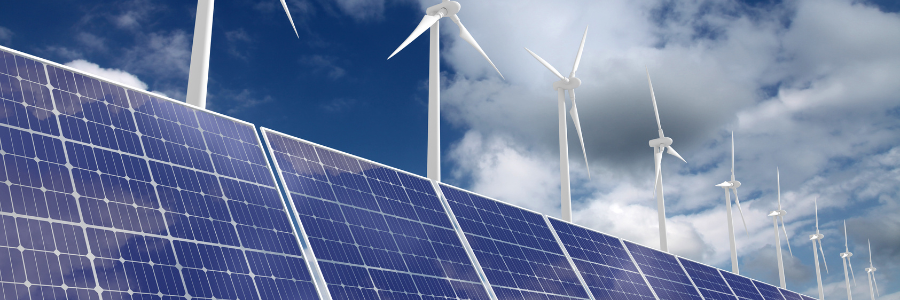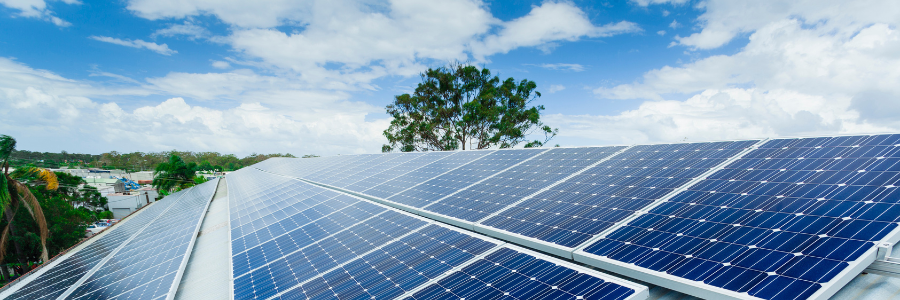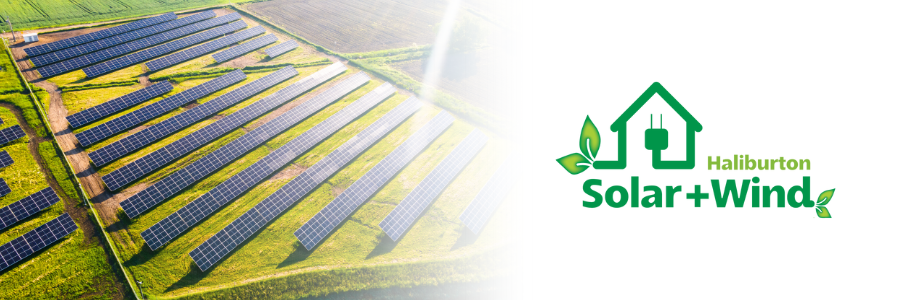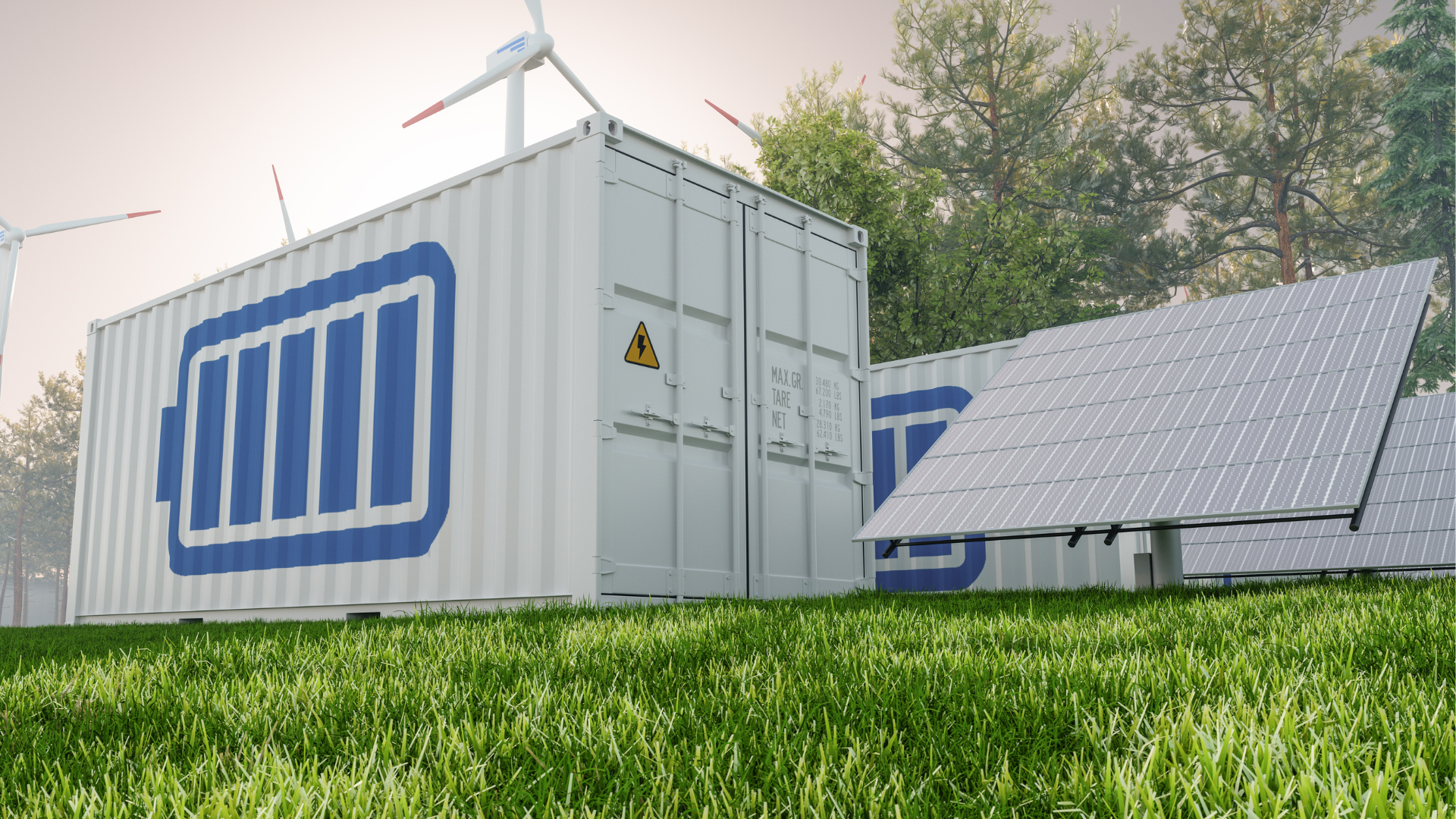The Advantages of Solar Panels in Ontario
Solar panels offer numerous benefits to homeowners and businesses in Ontario. From cost savings to environmental benefits and energy independence, the advantages of solar panels are significant. In this article, we will explore the key takeaways of embracing solar energy in Ontario and how it can positively impact both the environment and the economy.
Key Takeaways
- Investing in solar panels can lead to substantial cost savings through reduced energy bills.
- Government incentives and rebates make solar panel installation more affordable and attractive for Ontarians.
- The installation of solar panels can increase the overall property value of homes and commercial properties.
- Solar panels contribute to reducing the carbon footprint, making them an environmentally friendly energy solution.
- By harnessing solar energy, Ontario can decrease its reliance on traditional grid power, leading to greater energy independence and sustainability.
Is Solar Worth It in Ontario?
The question of whether solar is worth it in Ontario has been covered by several sources. According to Terawatt Solar, solar panels offer great long-term returns even in colder climates like Ontario, especially with the province’s solar potential and decreasing panel costs.
Ontario receives between 1,100 and 1,300 kWh of solar energy per square meter annually, making it a viable region for solar electricity generation. Despite seasonal variations, net metering programs allow homeowners to offset low winter production with surplus summer energy.
Additionally, solar technology has advanced significantly, with modern panels performing well in overcast conditions and cold temperatures.
Is It Worth Installing Solar Panels in Ontario?
CMI Solar provides valuable insights on installation feasibility. Their data shows that most homeowners in Ontario recoup their investment in 8–12 years through energy savings. Modern systems are durable and efficient, and prices have dropped significantly in recent years.
They emphasize the importance of considering both immediate savings and long-term gains. Many customers report breakeven points far earlier than expected, especially when combining solar panels with battery storage or EV charging systems.
If you plan to stay in your home long-term or want to reduce your hydro dependence, solar is a smart move.
Are Solar Panels Worth It in Ontario?
The Ontario Homeowners' Consumer Council emphasizes that solar panels align with sustainability goals and financial savings. Their research indicates that rising electricity costs, climate targets, and federal programs such as the Canada Greener Homes Grant all support a compelling case for solar investment.
They also note that energy literacy is improving, with more Ontarians understanding the benefits of producing their own clean power. The council encourages consumer protection and better access to financing for clean energy upgrades.

Cost Savings
Reduced Energy Bills
One of the primary benefits of solar panels is lower utility bills. By generating your electricity, you reduce your reliance on the grid and lower your energy expenses, especially during peak usage times. Some homeowners report annual savings of $1,000 to $2,500 depending on system size and household consumption.
Government Incentives
Ontario offers several rebates and incentives to reduce the cost of solar panel installation:
- Rebates: Up to 30% of installation costs
- Tax Credits: Reduce your yearly tax obligations significantly
- Canada Greener Homes Grant: Up to $5,000 for energy-efficient upgrades, including solar
- Canada Greener Homes Loan: Interest-free loans of up to $40,000 for solar installations
Tip: Stay up-to-date with available provincial and federal incentives to maximize savings.
Increased Property Value
Homes equipped with solar panels are more appealing to buyers. According to studies and real estate reports, solar installations lead to faster sales and higher market values, especially when combined with energy storage solutions. Buyers recognize the long-term cost savings and eco-consciousness associated with solar properties.
Environmental Benefits
Reduced Carbon Footprint
Solar panels reduce your environmental impact by decreasing reliance on fossil fuels. Every kilowatt-hour generated by solar avoids emissions that would have come from traditional electricity sources. Over 25 years, a typical Ontario residential system can offset more than 60 metric tons of CO₂.
Renewable Energy Source
Solar energy is clean and sustainable. Unlike fossil fuels, it doesn’t emit pollutants or greenhouse gases. This makes it an ideal option for homes and businesses looking to reduce their ecological footprint.
Tip: Combining solar with energy-efficient appliances and home upgrades amplifies your overall environmental impact.
Decreased Air Pollution
Air quality improves with clean energy adoption. Fewer fossil fuels burned means fewer harmful emissions such as sulfur dioxide and nitrogen oxides, which are major contributors to smog and respiratory problems.
Tip: Switching to solar helps build a cleaner, healthier future for all Ontarians.

Energy Independence
Less Reliance on Grid Power
Solar users enjoy more control over their energy usage. During outages or high demand, solar systems with battery storage can continue to power your home. This reliability is a big advantage during unpredictable weather or infrastructure failures.
Sustainable Energy Supply
Solar panels promote a diversified energy mix and support the transition to a decentralized energy model. This increases resilience in rural or remote communities.
Resilience in Power Outages
With the right system (especially hybrid or off-grid setups), solar energy provides backup during blackouts. Pairing panels with storage solutions like lithium-ion batteries ensures power security year-round.
Tip: Consider combining solar with a smart home energy management system to optimize usage and extend battery life.
Job Creation
Growth in the Solar Industry
The expansion of solar energy is driving job creation across Ontario. From installers to engineers, the green economy is growing steadily. This supports not only local employment but also innovation in clean tech.
In 2023 alone, Canada’s solar sector supported over 80,000 jobs, with continued growth expected as more provinces adopt aggressive clean energy targets.
Installation and Maintenance Jobs
Solar jobs include site assessment, panel installation, wiring, system integration, and ongoing maintenance. Training programs are now widely available to help meet growing demand. Many technical colleges and trade schools offer certifications specifically tailored to solar work.
Tip: Tradespeople and Electrical contactors can benefit from solar certifications to boost employability and earnings potential.
Economic Stimulus
The solar sector drives investments in local economies. Whether it's procurement, logistics, or financing, solar projects stimulate business in multiple industries while reducing environmental costs.
Tip: Supporting local solar companies contributes to regional economic development and environmental resilience.
Adopting solar panels in Ontario offers wide-ranging advantages:
- Substantial cost savings through lower energy bills
- Financial support through rebates and tax incentives
- Increased property value
- Environmental improvements like reduced carbon footprint
- Energy independence and grid resilience
- Job creation and economic growth
With the backing of industry experts and Ontario-specific research, it's clear that solar panels are a valuable investment for today and the future. Contact Haliburton Solar and Wind to start your journey toward a more sustainable, affordable, and empowered energy future.










